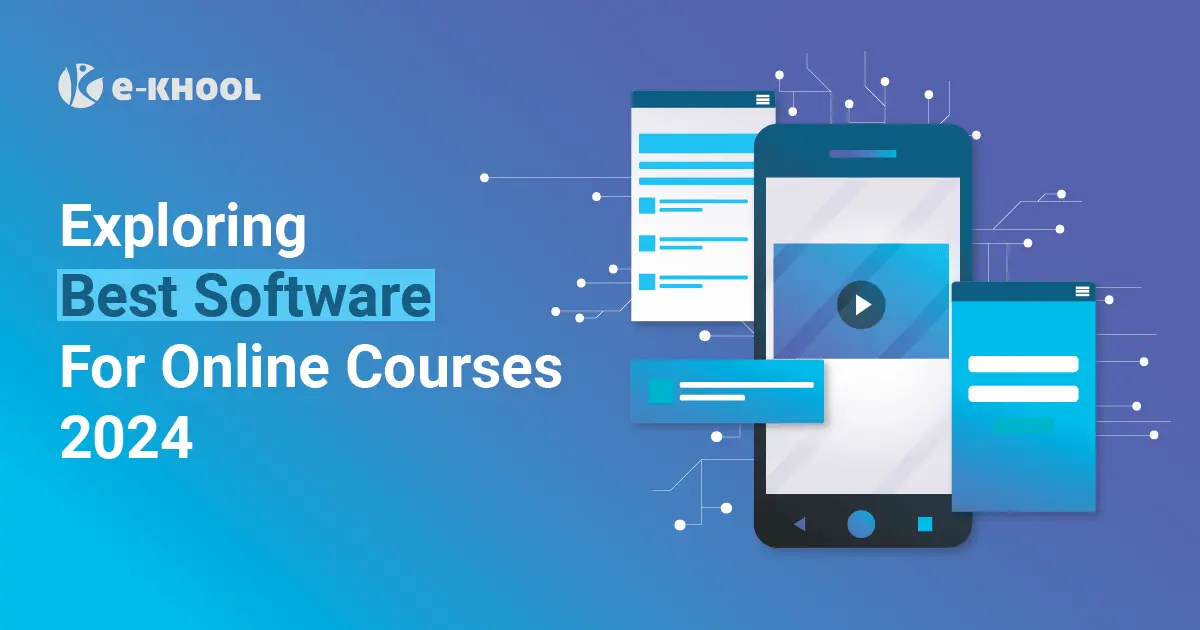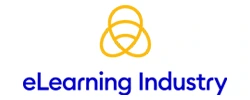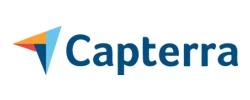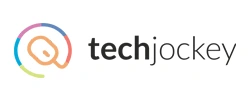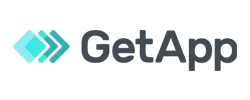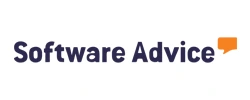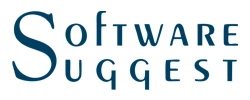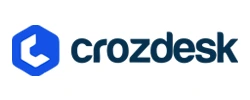LMS in Remote Learning
Remote learning is transforming how organizations approach employee training, offering teams the flexibility to learn from any location. As companies operate across multiple locations or work remotely, remote training ensures that employees stay connected to essential knowledge and skills, irrespective of physical boundaries. This guide covers core aspects of remote learning, best practices for implementation, and highlights the capabilities of e-khool LMS as an effective tool for remote training.
What is Remote Learning?
Remote learning, or distance learning, allows learners and instructors to engage without being in the same location, connected through digital learning platforms like LMS. Unlike traditional classroom settings, remote learning facilitates a broader access to training, especially beneficial for employees who travel or work in different time zones. This mode of learning enables organizations to create a flexible training ecosystem that overcomes geographical constraints, ensuring a consistent learning experience for all employees. Through digital resources like interactive videos, case studies, and real-time discussions, remote learning makes education accessible and adaptable, allowing employees to access training that aligns with their schedules.
Why Remote Learning is Important?
Remote learning has become essential as organizations embrace flexibility to accommodate employees' work-life balance. It eliminates the need for travel and allows learning to happen from anywhere, saving both time and costs while enhancing accessibility. This flexibility makes training feasible during unexpected disruptions, such as global events or company-wide transitions.
Additionally, virtual learning is instrumental in broadening talent acquisition and retention, as employees increasingly seek development opportunities within organizations. It also allows companies to quickly adapt to regulatory changes, new technologies, and emerging industry standards by delivering continuous, targeted training that reaches employees globally.
How Can You Implement Remote Learning Successfully?
Implementing remote learning requires strategic planning to ensure its effectiveness and accessibility for all employees. Organizations should focus on clarity, organization, and the right tools to create a cohesive learning experience. By setting clear goals aligned with business objectives, such as improving skill sets, promoting teamwork, or ensuring compliance, companies can give direction to their remote training programs and measure their effectiveness. Creating a structured training plan with carefully designed courses, interactive content, and assessments keeps learners engaged while helping them progress. An intuitive LMS platform like e-khool further streamlines content delivery and offers essential analytics, making remote training seamless for both trainers and learners.
Also read: Powerful eLearning Authoring Tools Software for Shaping Training and Education
Set Clear Goals
Establishing specific, measurable goals is the first step to a successful training program. For remote learning, setting goals that align with company objectives-such as enhancing cybersecurity knowledge or increasing team collaboration-provides a roadmap for trainers and learners. Defined goals help in planning course content and evaluating program success, ensuring that training meets both learner needs and organizational priorities. Moreover, having clear objectives enables the tracking of learning outcomes, making it easier to assess how effectively the training program supports overall goals, including skill development and regulatory compliance.
Design the Courses and Training Plan
Effective remote training requires a well-structured curriculum that breaks down complex topics into manageable, engaging segments. Diverse formats, such as videos, interactive exercises, and case studies, can help cater to different learning preferences, making the content more accessible and enjoyable. Organizing modules with a clear timeline ensures learners progress consistently, especially when remote learning involves live virtual sessions. A thoughtfully designed training plan provides learners with a clear path to follow, keeping them motivated and making it easier to measure learning outcomes through quizzes, assignments, and completion milestones within an LMS.
Brazil Learning Management System - eLearning Market Demand, Growth & Trends
Brazil is rapidly emerging as a significant player in the global eLearning market.
ekhool.com
Implement the Best Learning Management Software (LMS)
Choosing a comprehensive LMS is vital for organizing and managing remote learning. A robust education platform like e-khool LMS centralizes content, tracks learner progress, and simplifies the training experience, making it easier for employees to stay on course. With features like real-time progress tracking, user-friendly navigation, and detailed analytics, e-khool LMS provides organizations with insights into course effectiveness and learner engagement. The platform's customization capabilities allow companies to adapt training to meet specific needs, making it easier for employees to engage with content and achieve set learning objectives.
Remote Learning in Virtual Classrooms
Virtual classrooms bring an interactive dimension to remote learning, allowing instructors and learners to connect in real-time. Through live video sessions, screen sharing, and group discussions, virtual classrooms replicate a traditional classroom environment, enabling direct engagement and immediate feedback. This format is particularly valuable for complex topics requiring hands-on demonstrations or collaborative exercises. Virtual classrooms foster a sense of community among remote learners, encouraging participation and creating a collaborative learning atmosphere, which is vital for reinforcing knowledge and applying new skills in real-world scenarios.
Top Benefits of Remote Learning
Remote learning provides significant benefits, including increased flexibility and accessibility. Employees can engage with training materials without needing to be physically present, allowing them to learn at their own pace while balancing work responsibilities. Additionally, remote learning is cost-effective, reducing travel expenses and resource requirements associated with in-person training. It also fosters productivity, as employees can access training during convenient times. Finally, remote learning software scale easily, supporting consistent skill development across an organization, which is essential for maintaining a knowledgeable and skilled workforce.
Frequently Asked Questions
Conclusion
Remote learning provides an effective way to upskill employees and keep them engaged, regardless of location. Implementing this approach requires thoughtful planning, goal setting, and choosing a comprehensive LMS like e-khool. With its intuitive features, e-khool LMS facilitates seamless training delivery and offers insightful analytics, enabling organizations to scale their remote training efforts efficiently. As remote work and learning continue to grow, e-khool LMS stands out as a reliable partner for organizations striving to enhance their training programs and support a continuously evolving workforce.
Personalized Learning Paths for Every Team Member
Contact Support